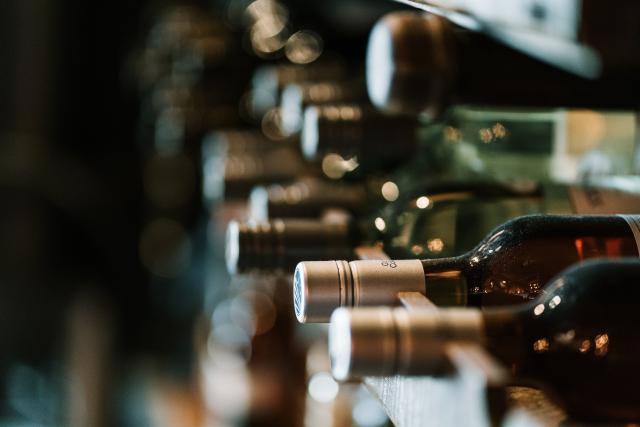China has abolished heavy tariffs against Australian wine in another significant step towards improved diplomatic relations and trade ties.
The Chinese government agreed to review the wife tariffs five months ago and has since gradually unwound the trade barriers.
The Commerce Ministry in Beijing said on Thursday it was “no longer necessary” to impose anti-dumping duties and other levies on imports of Australian wine.
Prime Minister Anthony Albanese said the outcome came at a critical time for the Australian wine industry.
“The re-entry of Australian bottled wine into the Chinese market will benefit both Australian producers and Chinese consumers,” he said.
“We acknowledge and thank Australian grape growers and wine producers for their fortitude and support during a challenging period.”
The tariffs were imposed at the height of diplomatic tensions in 2020 and made it unviable for Australian producers to export wine to China.
In 2019, Australian wine exports to China were worth $1.1 billion.
As a result of the removal of duties, Australia will drop legal action against China at the World Trade Organisation that was initiated by the former coalition government.
“The Australian government’s approach is to co-operate with China where we can, disagree where we must and engage in our national interest – the outcomes on barley and wine reflect that approach,” Mr Albanese said.
“We will continue to press for all remaining trade impediments affecting Australian exports to be removed, which is in the interests of both Australia and China.”
South Australian Wine Industry Association president Kirsty Balnaves said the Chinese market had changed since the duties were imposed.
“In-market competition for wine is now much stronger than before, meaning that there are increased choices for consumers at various price points,” she said.
“In addition, alcohol consumption has declined and opportunities for consumption, such as events, have reduced.
Ms Balnaves said South Australian exporters would need to visit the market to assess opportunities, create awareness, provide education, and re-introduce their wines to consumers, something that would take time.
Chinese trade barriers remain on Australian rock lobster and beef.
Beijing slapped trade sanctions worth $20 billion on a raft of Australian products including coal and cotton in 2020.
China’s tariffs on Australian wine amounted to a tax of 220 per cent.
In a joint statement signed by the foreign affairs, trade and agriculture ministers, Mr Albanese said his government remained committed to trade diversification.
“The government will continue to support Australian businesses to sell their world-class products on the global stage,” he said.







